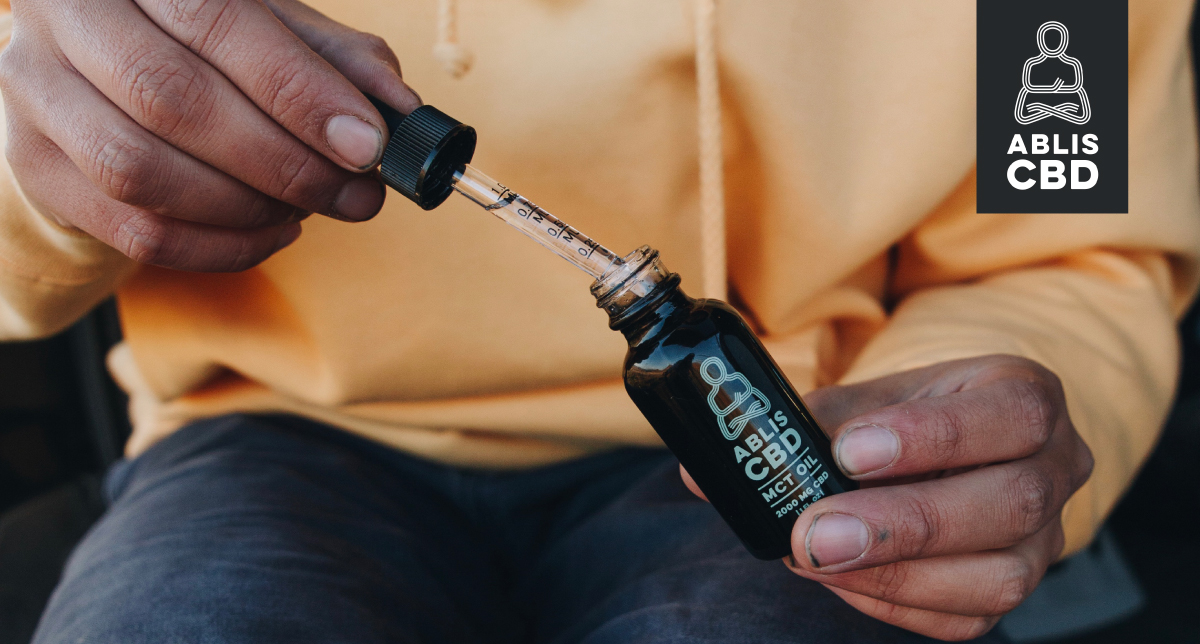CBD is still fairly new to the mainstream, so it’s only normal that many aren’t quite sure what CBD is just yet. No worries. I am happy to clarify!
Of all the information available about CBD, one question seems to consistently come up.
“Will it get me high?”
Nope.
While it is not technically fair to say CBD isn’t at all psychoactive, it won’t give you the intoxicating “high” feeling more commonly associated with THC, its sister molecule.
When I say psychoactive, I mean it could potentially have an effect on your mental state. It won’t result in impairments typically involved with being high on THC, and it’s considerably less when you ingest it rather than inhale.
Inhaling CBD is a quick and potent way to feel the potential calming effects, however, allowing the digestive tract to slow down the absorption through ingestion prevents any feelings of intoxication.
CBD has hundreds of purposes, but getting high is not one of them.
Breaking Down the Hemp Plant
Hemp is where we begin when discussing CBD.
The hemp plant contains an abundance of cannabidiol, better known as CBD, as well as trace amounts of other cannabinoids. On the other hand, the cannabis plant contains higher percentages of THC and lower percentages of CBD if any at all.
The hemp plant’s flower and leaves are harvested to manufacture CBD.
Hemp-derived CBD products will only contain trace amounts of THC (if any), while cannabis-derived products will typically contain more THC than CBD.
The other trace cannabinoids are either removed or left behind in tiny amounts in most CBD products depending on the process used to manufacture it.
After the Farm Bill passed in 2018, products containing 0.3% of THC or less were deemed legal in almost every state. That percentage has remained the standard for CBD products.
What is CBD?
CBD, or cannabidiol, is the cannabinoid abundantly found in hemp. It has a specific and targeted way of interacting with our bodies.
That’s why THC and CBD have such contrasting effects. They’re doing two completely different things.
Together, they can work in tandem to ease some of the more extreme symptoms you may connect with THC. We will get more into how this occurs when we talk about the endocannabinoid system.
Manufacturing also plays a role in the amount of THC you will find in CBD products. CBD is manufactured using predominantly three different methods, isolate, full-spectrum, and broad-spectrum. All three methods utilize the hemp plant, yielding different results.
Both full and broad-spectrum CBD will contain trace amounts of other cannabinoids and plant compounds like terpenes, including THC.
However, at Ablis, we use CBD isolate. That means nothing but pure, 100% CBD.
Related: Hemp Oil vs. CBD Oil: What’s the difference between them?
What is CBD Isolate?
CBD isolate is simply CBD in its purest form.
Just as it sounds, it is isolated from the rest of the cannabinoids in hemp giving you nothing but a dose of natural balance.
Isolate contains absolutely zero THC, which means maximum legality and no chance of a high feeling. To achieve this level of purity, after the oil is extracted with CO2, a method called winterization takes place, followed by a distillation process. This removes all excess wax, terpenes, and remaining cannabinoids, leaving it in its purest crystalline form.
Knowledge of these different methods comes in handy if you’re worried about traveling with a CBD product or taking a drug test for work.
Related: CBD Isolate Definition and Broad vs. Full Spectrum
The Endocannabinoid System
Your body was literally designed to consume cannabis.
We all have this intricate system throughout our bodies that acts specifically to communicate with the cannabinoids found in hemp and cannabis plants.
Cool, right?
It is called your endocannabinoid system, and it is the determining factor of why THC will get you high, but CBD won’t.
This system is made up of “receptors.” These receptors are located all over the body, not just the brain, and they link up with consumed cannabinoids to create certain effects in the body.
Scientists have been able to study enough of these receptors and the cannabinoids they communicate with to determine that CBD will not get you high.
CBD suppresses the CB1 receptor, which is responsible for the feelings of intoxication often associated with THC.
There is still a lot left to learn about the endocannabinoid system. It’s exciting to think that we are only scratching the surface when it comes to CBD and the hemp plant’s abilities.
If you were timid about giving CBD a shot, I hope this has offered you some clarification and peace of mind.
Everyone’s endocannabinoid system is unique so start small and experiment, dosing up or down to meet your personal needs.
Happy dosing!
